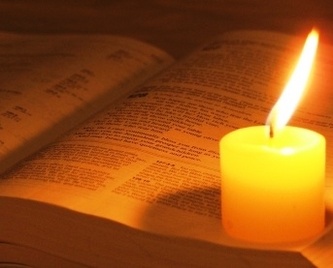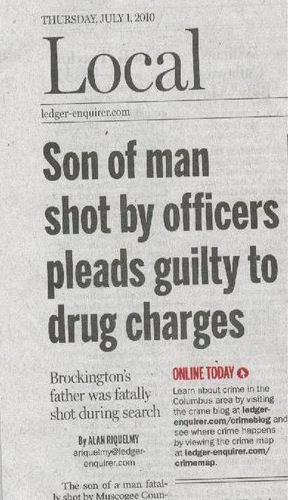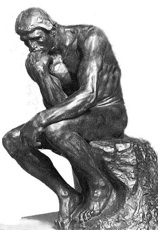 We close out Psalm 19 today, and we recall that it had two sections — one that saw creation praising God and one that sees the human praising God for his Word. The “word” of creation has a silent praise; the Word of the Lord has a verbal praise from God’s people, the People of his Torah.
We close out Psalm 19 today, and we recall that it had two sections — one that saw creation praising God and one that sees the human praising God for his Word. The “word” of creation has a silent praise; the Word of the Lord has a verbal praise from God’s people, the People of his Torah.
I want to urge you to consider listening to Josh Fox, Radiant, and especially to track 2: Mighty is Our God. It puts into music and lyrics the essence of Psalm 19.
We followed Goldingay’s suggestion yesterday that Psalm 19:10-11 intentionally evoke the sin of Adam and Eve. That suggestion seems confirmed by what follows in vv. 12-14: it speaks of the need to be preserved from (the) sin (like that of Adam and Eve).
Here are the words:
19:12 Who can know all his errors?
Please do not punish me for sins I am unaware of.
19:13 Moreover, keep me from committing flagrant sins;
do not allow such sins to control me.
Then I will be blameless,
and innocent of blatant rebellion.
The psalmist knows the human heart and pleads with God to remove the inclination to sin. The request is for strength, not forgiveness. He’s asking for his will to be filled with God’s gracious intervention. And it appears that God’s answer would give the psalmist a life that would not be like that of Adam and Eve, or at least not like those who rebel against God.
The psalm ends with a plea for God to hear this prayer, and it uses words (see after the jump) that have been used by pastors and preachers and liturgists ever since.

